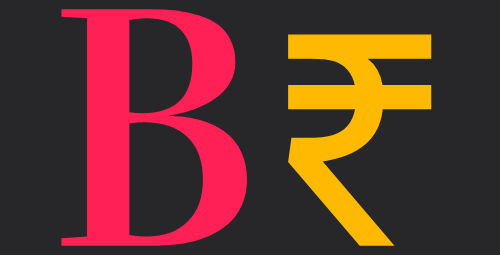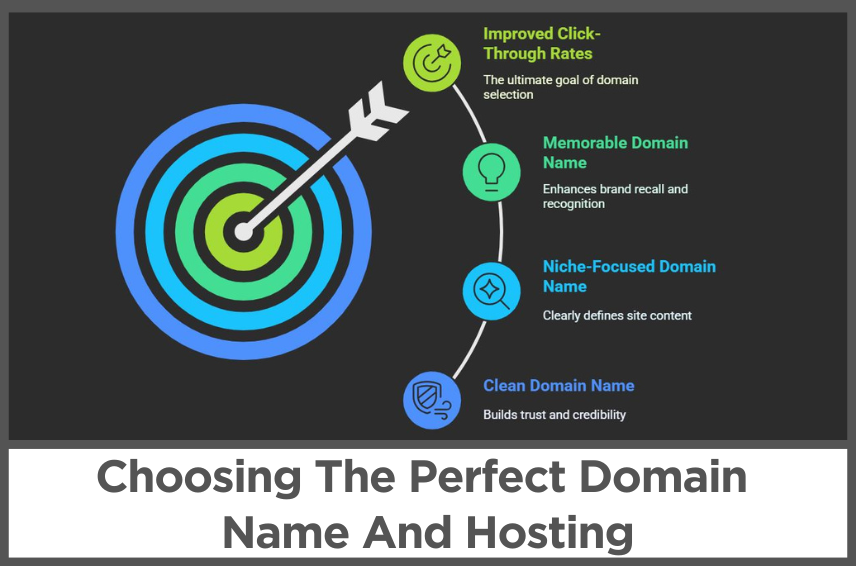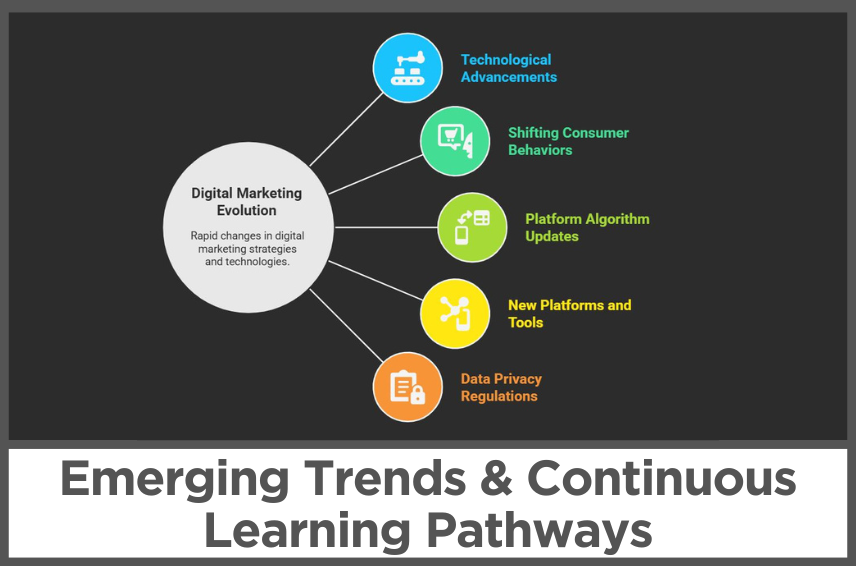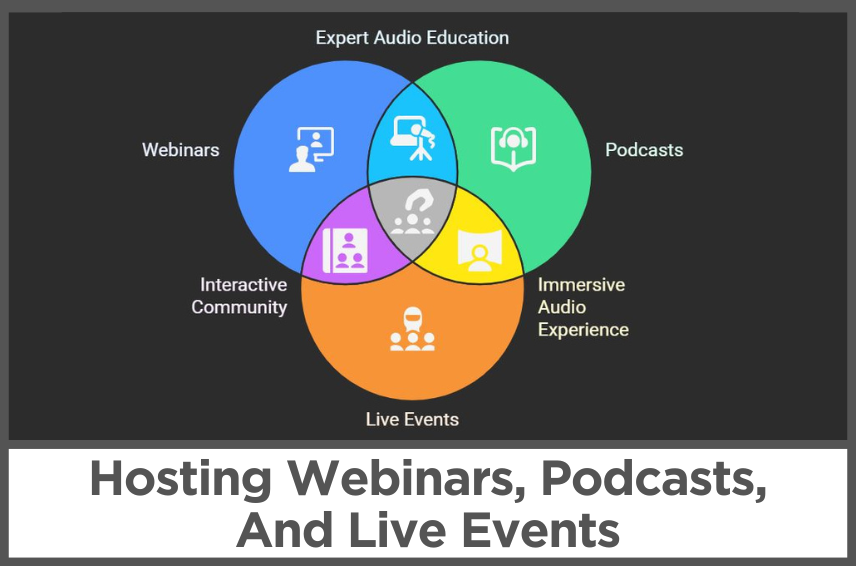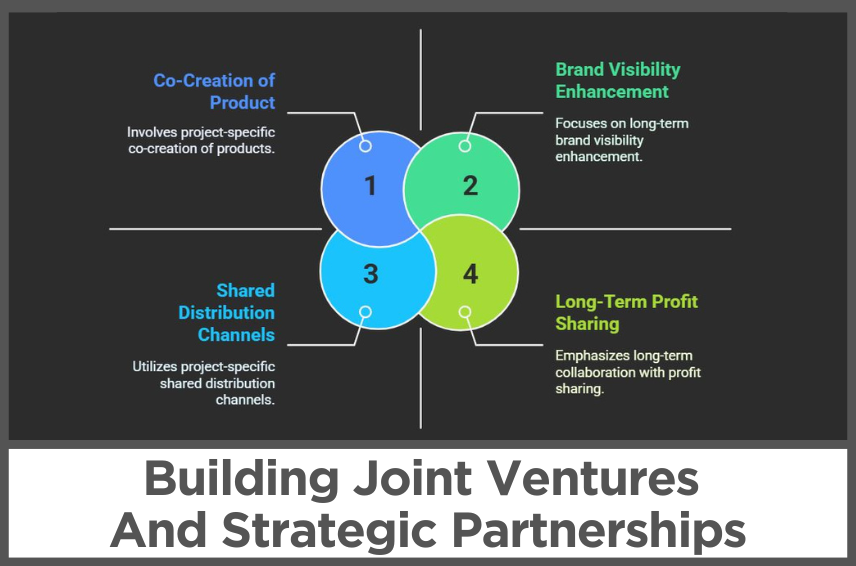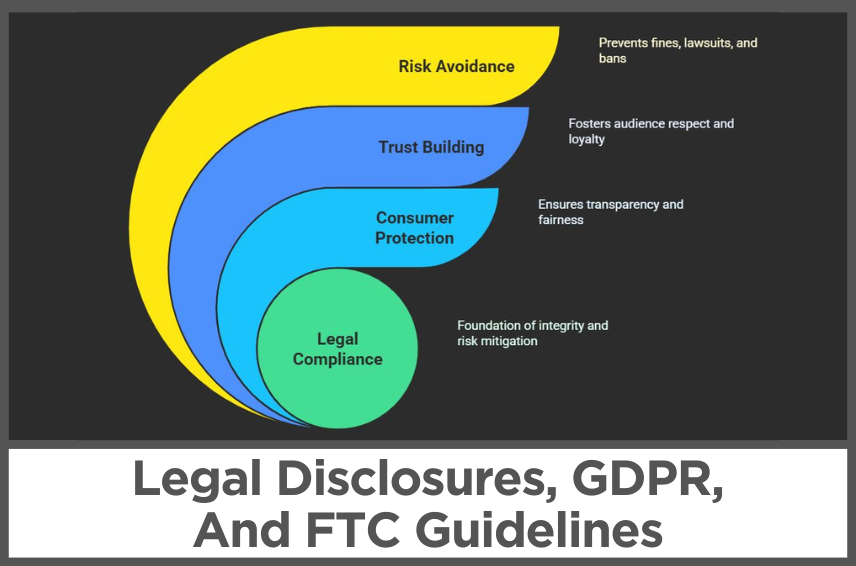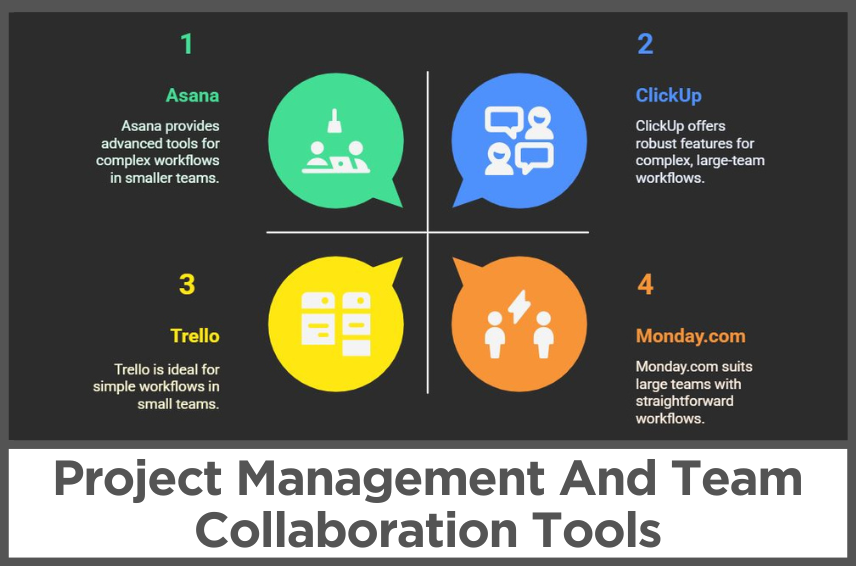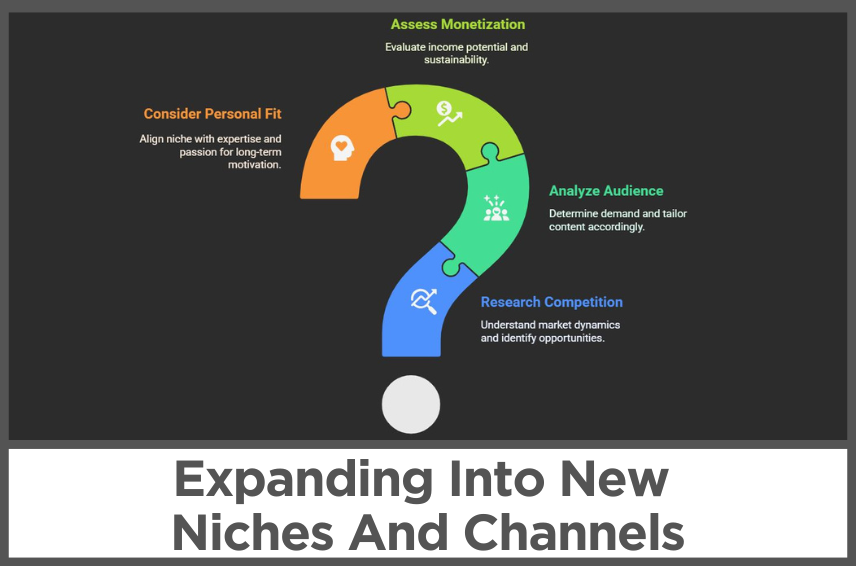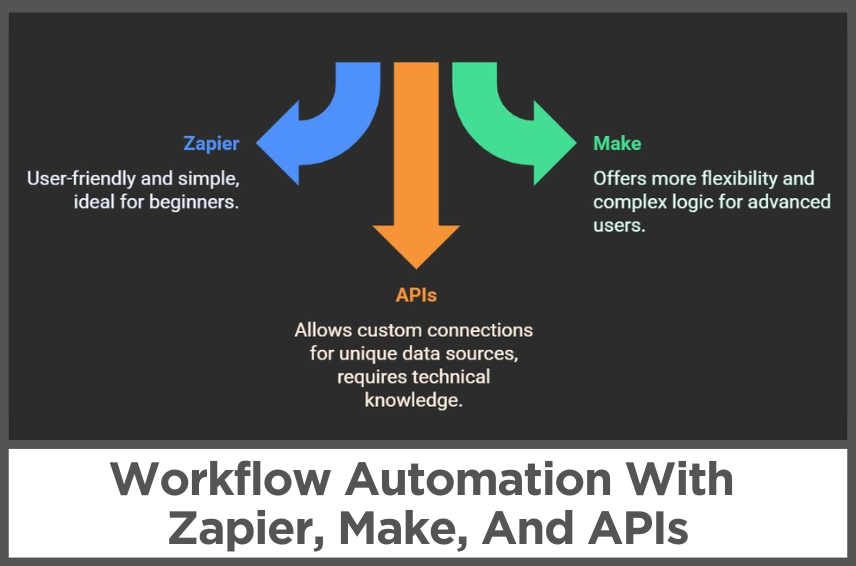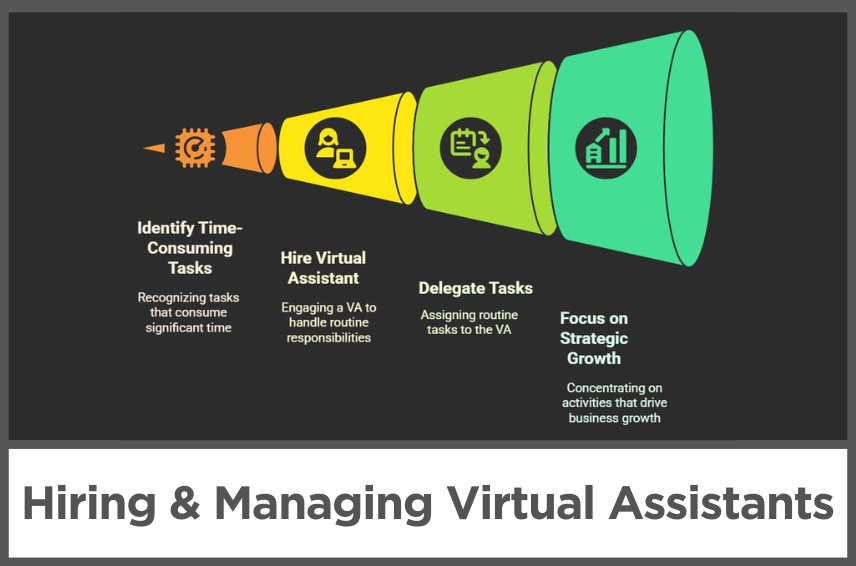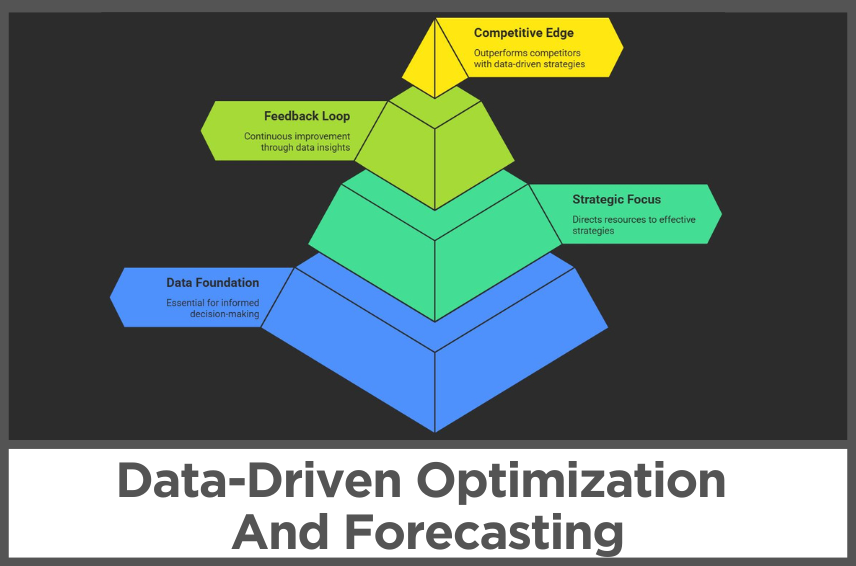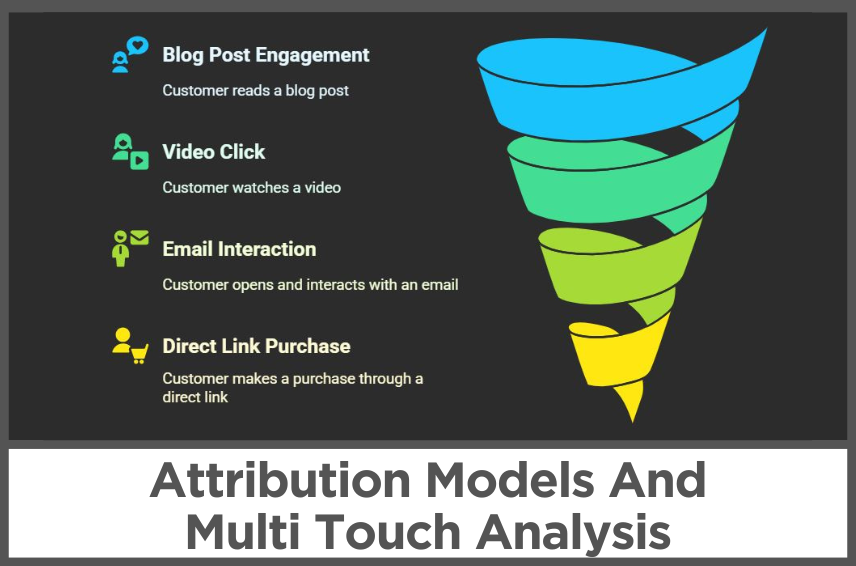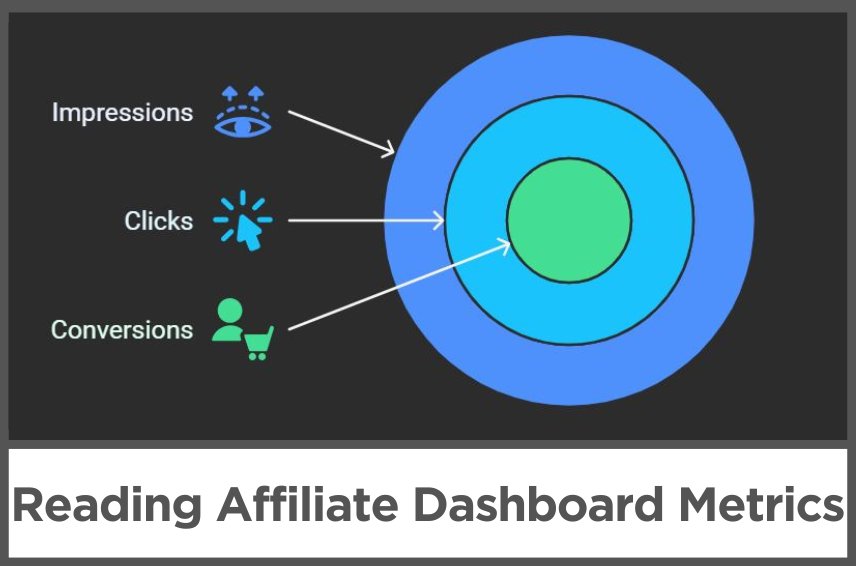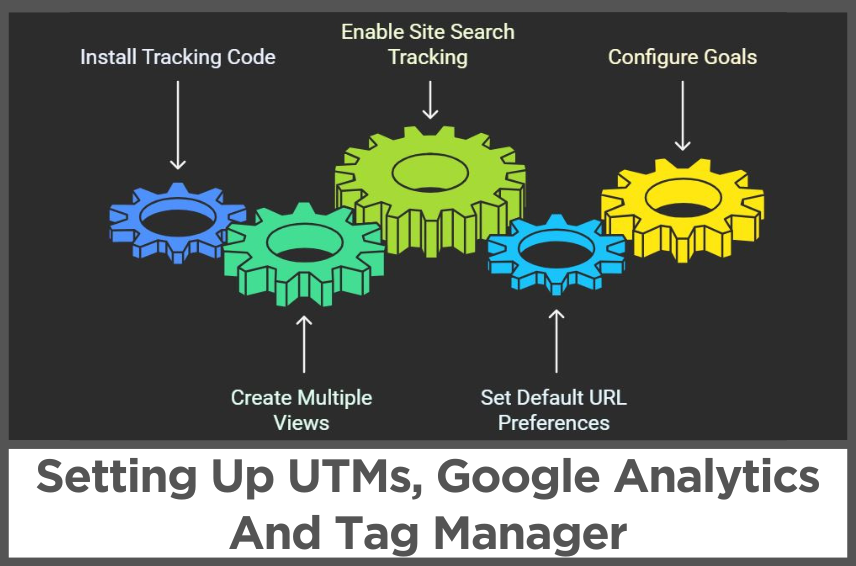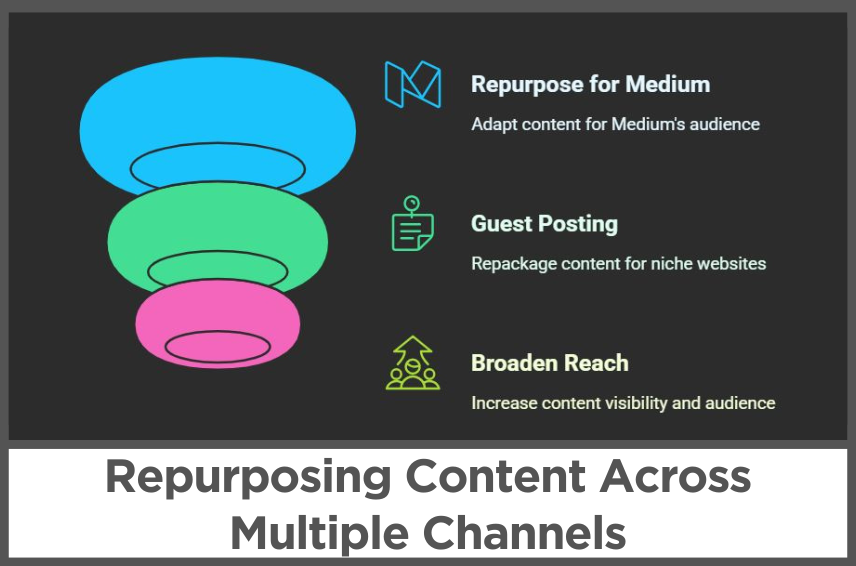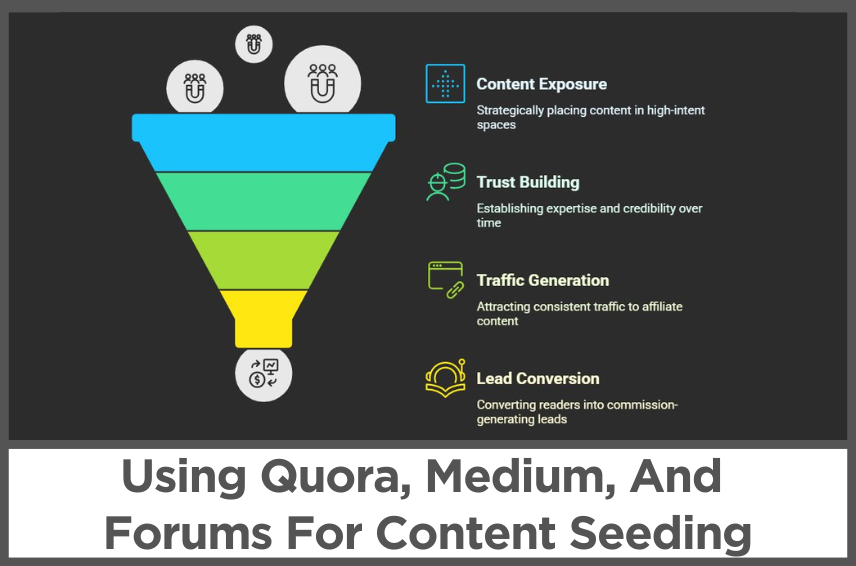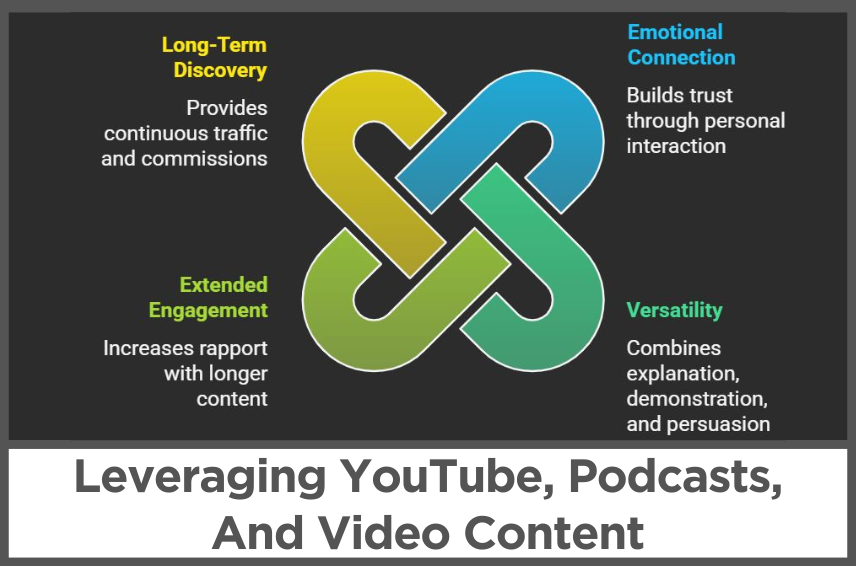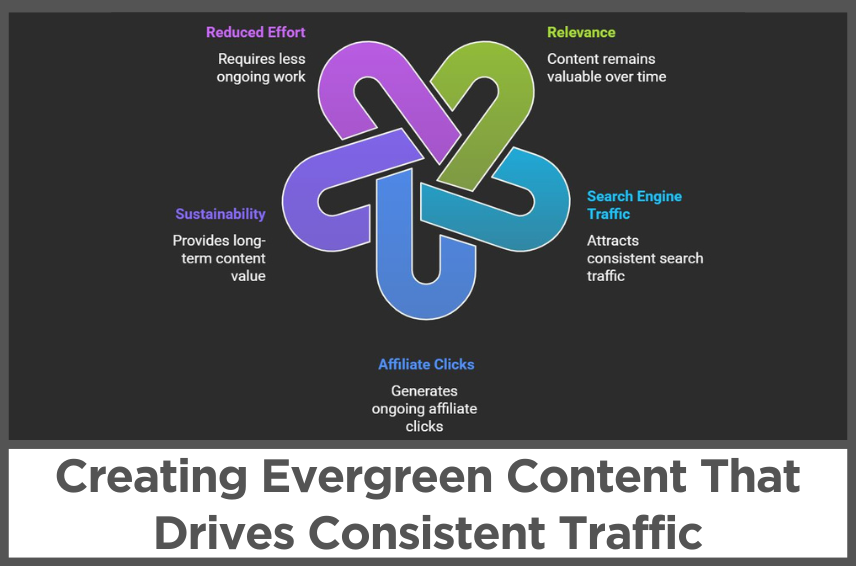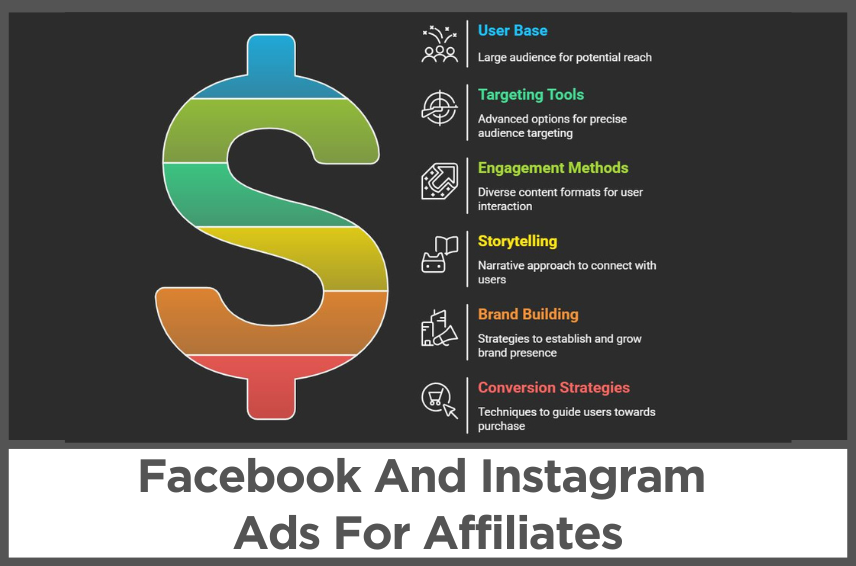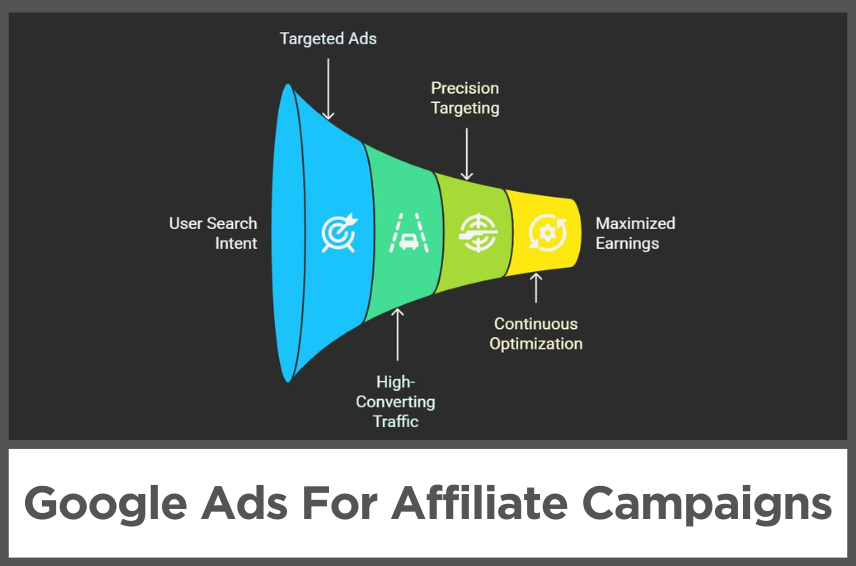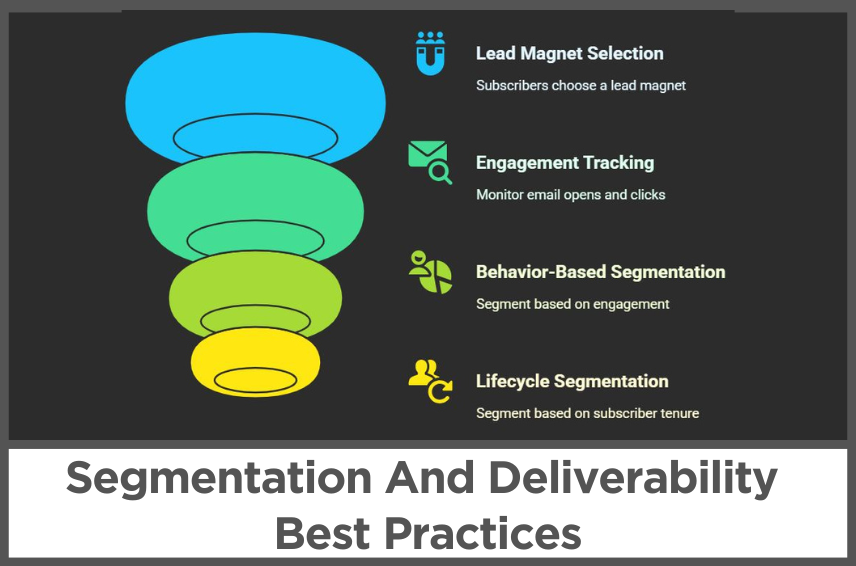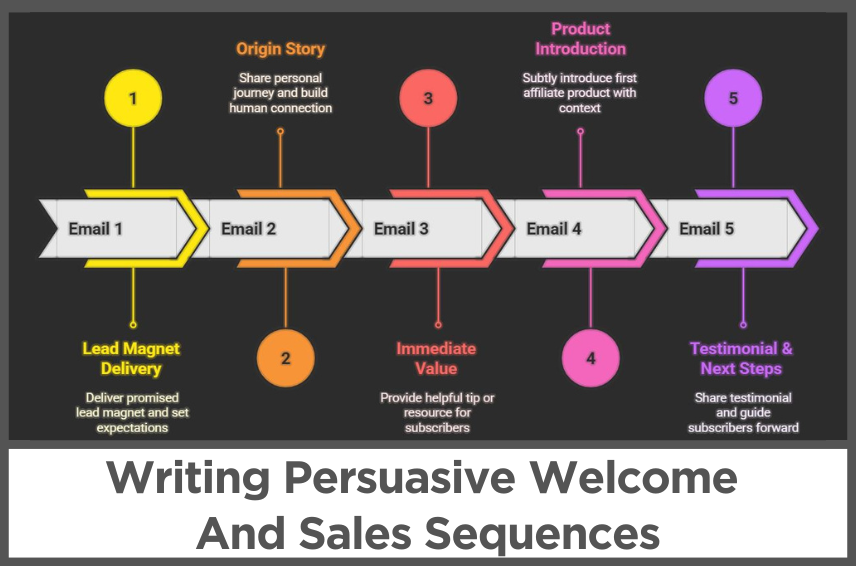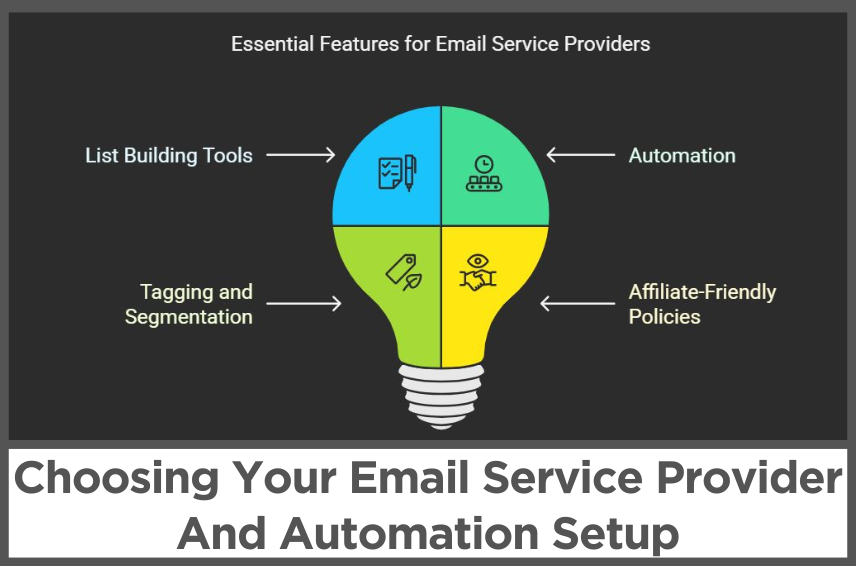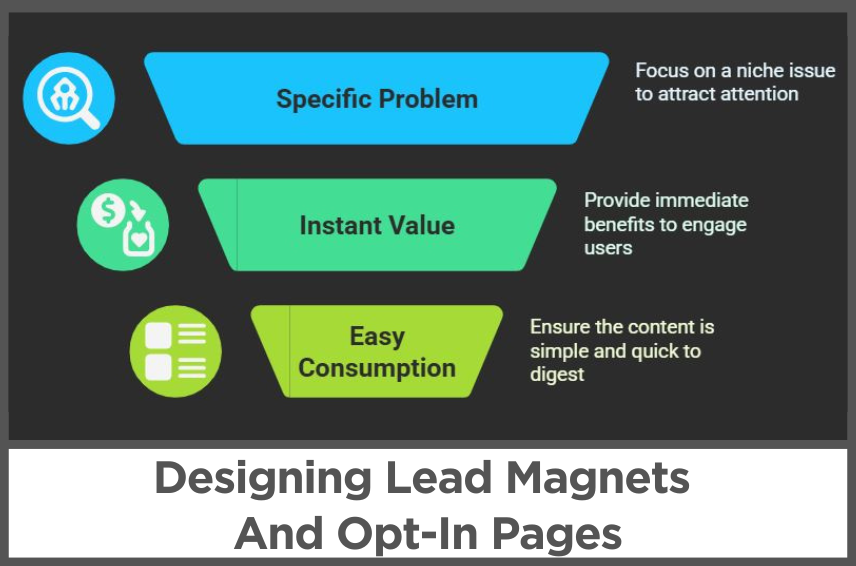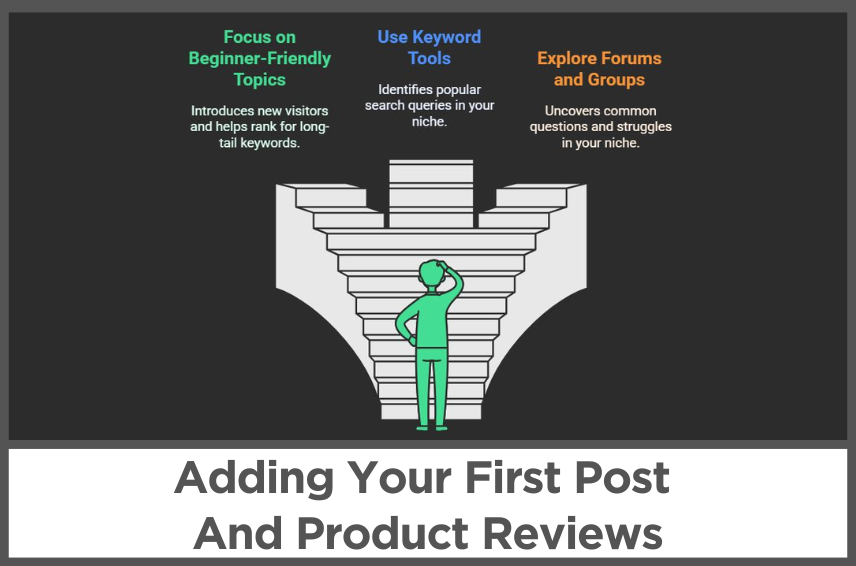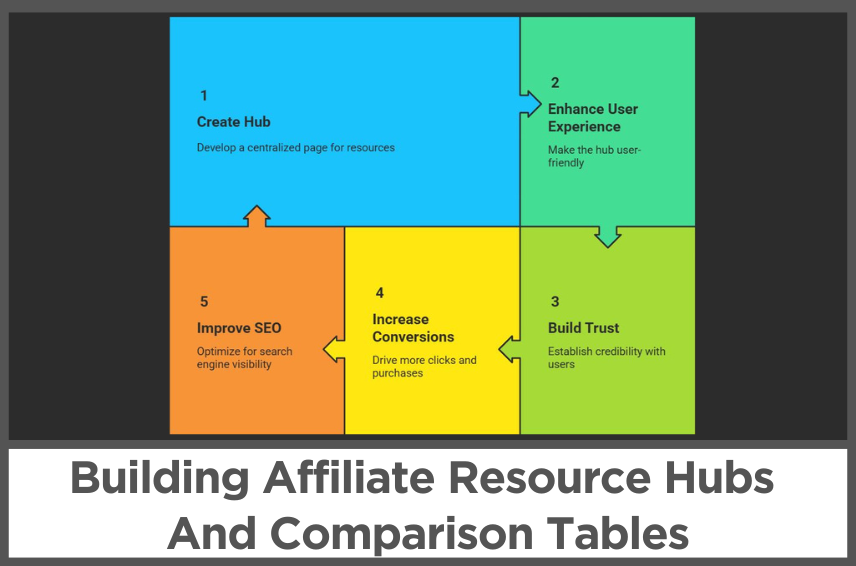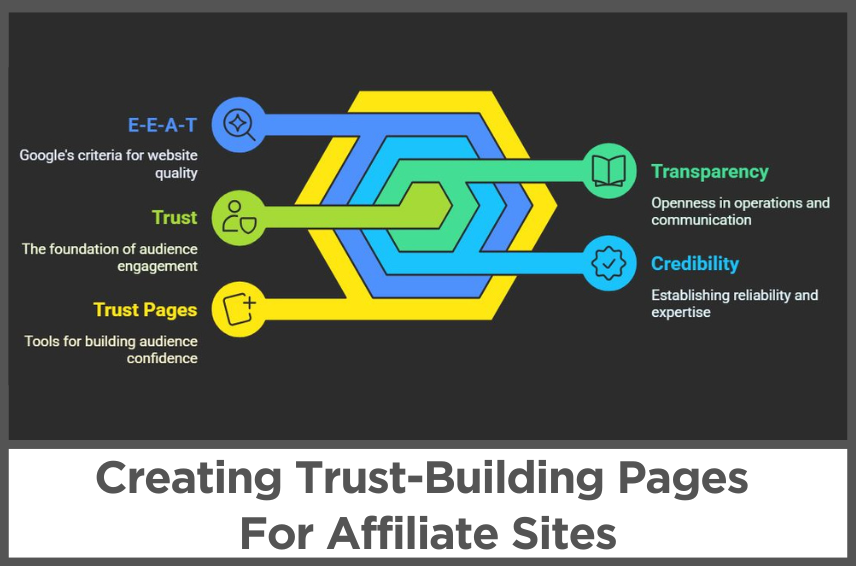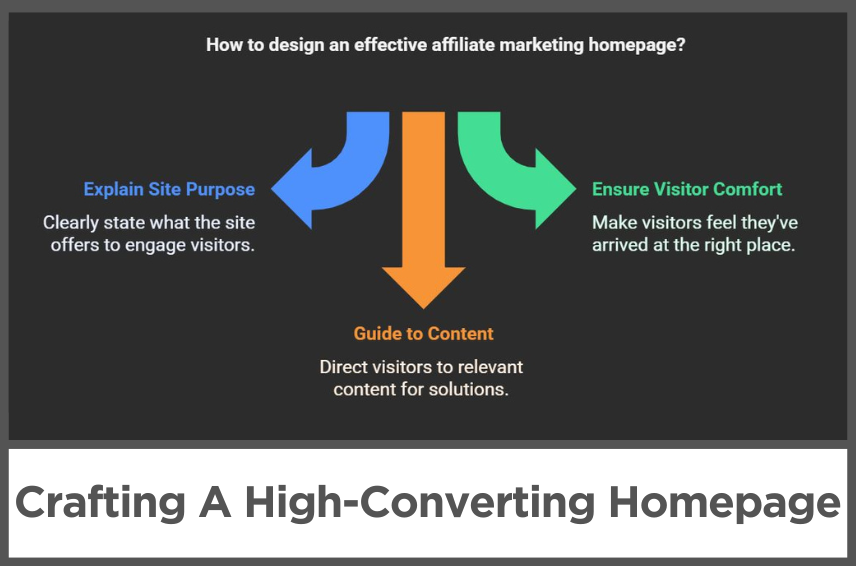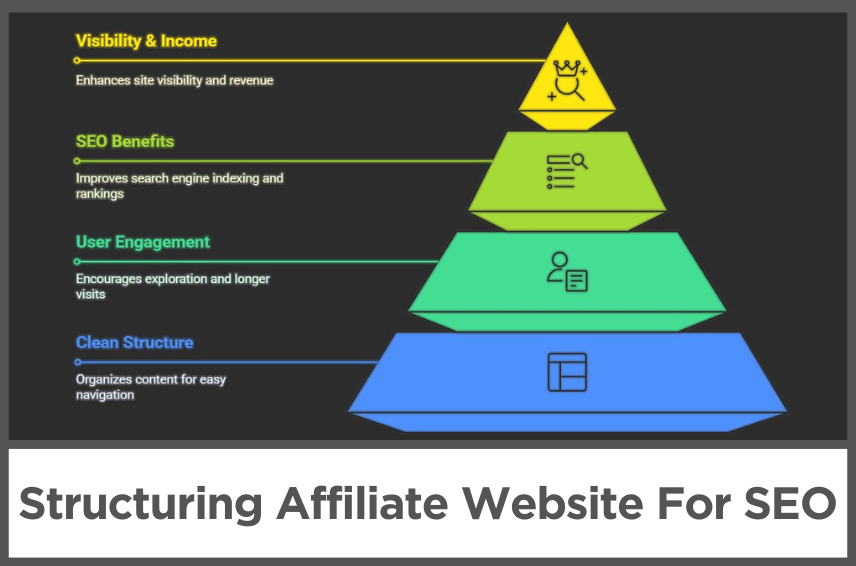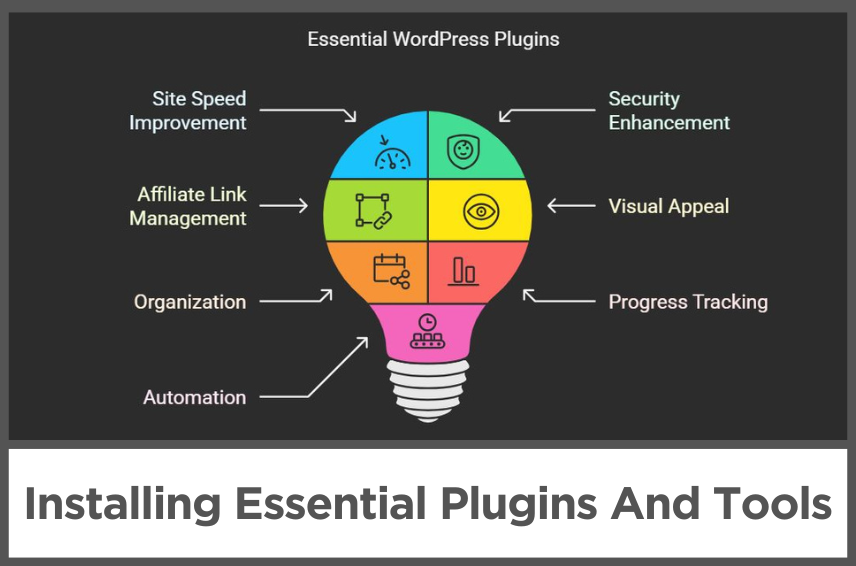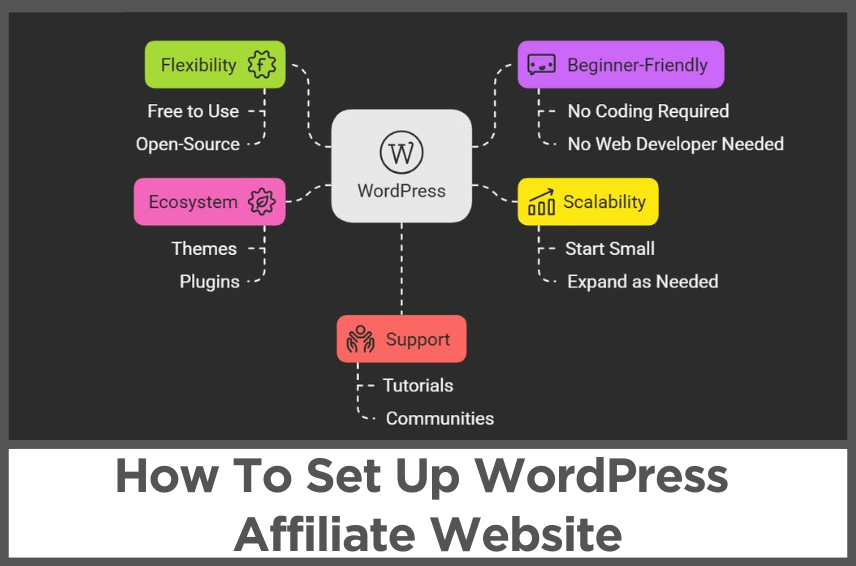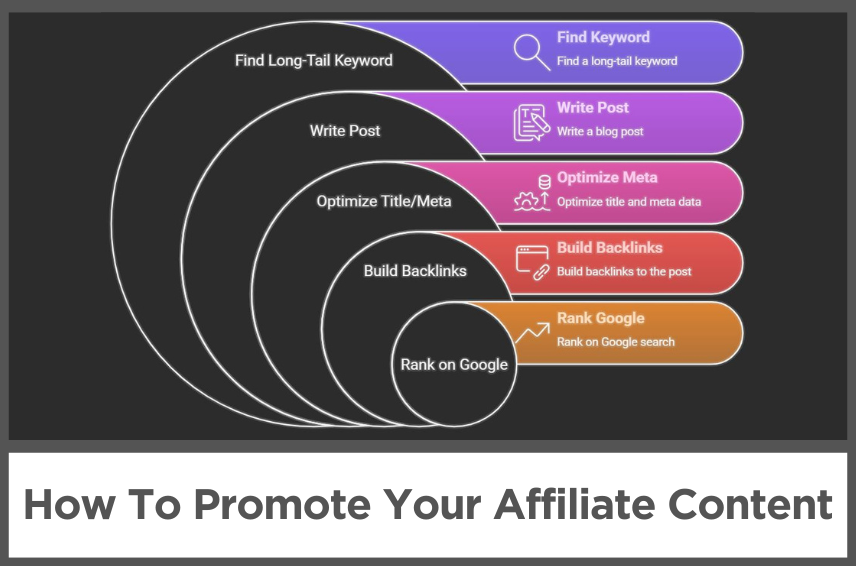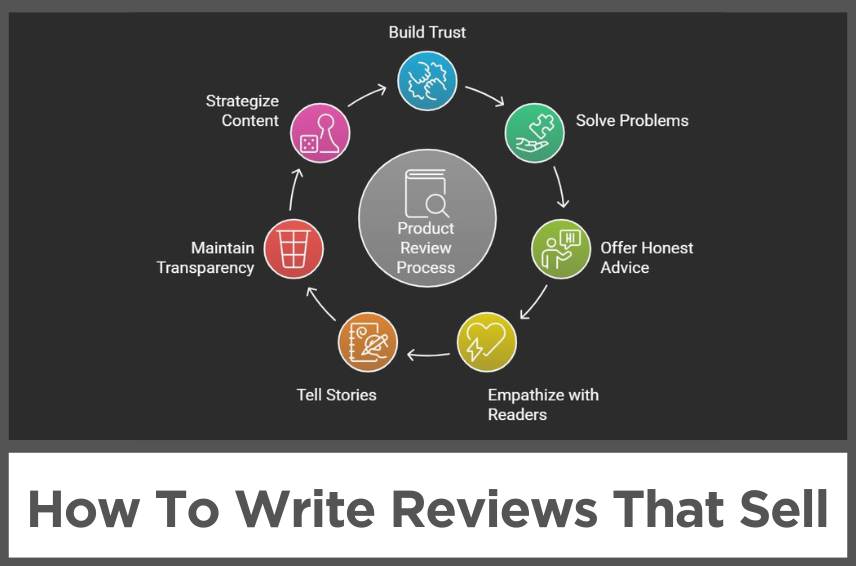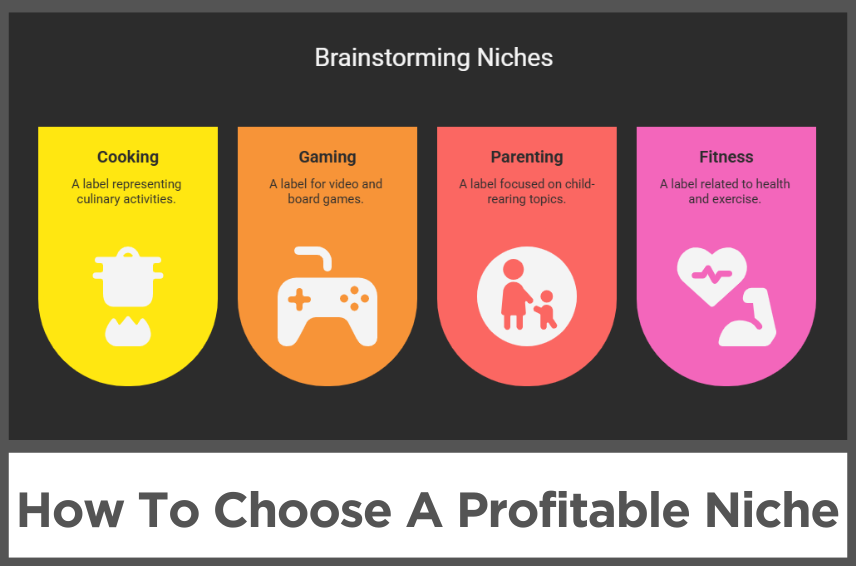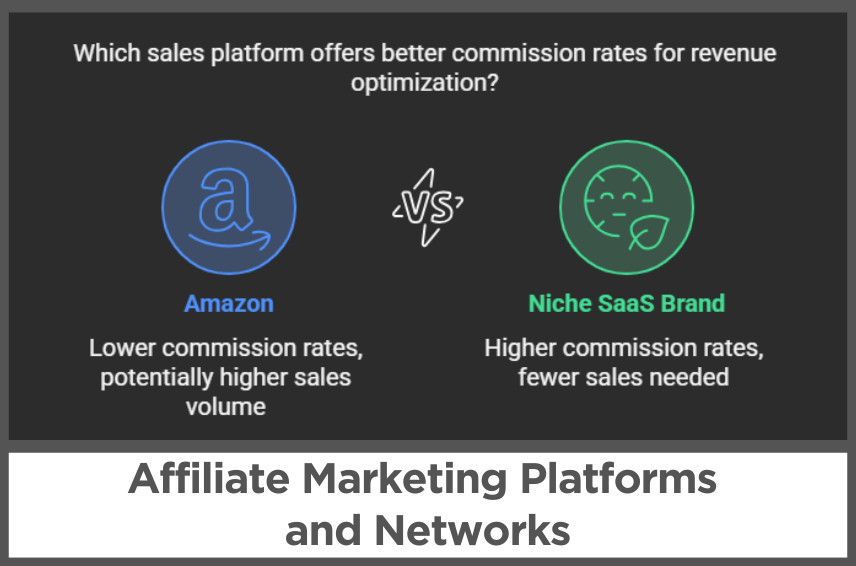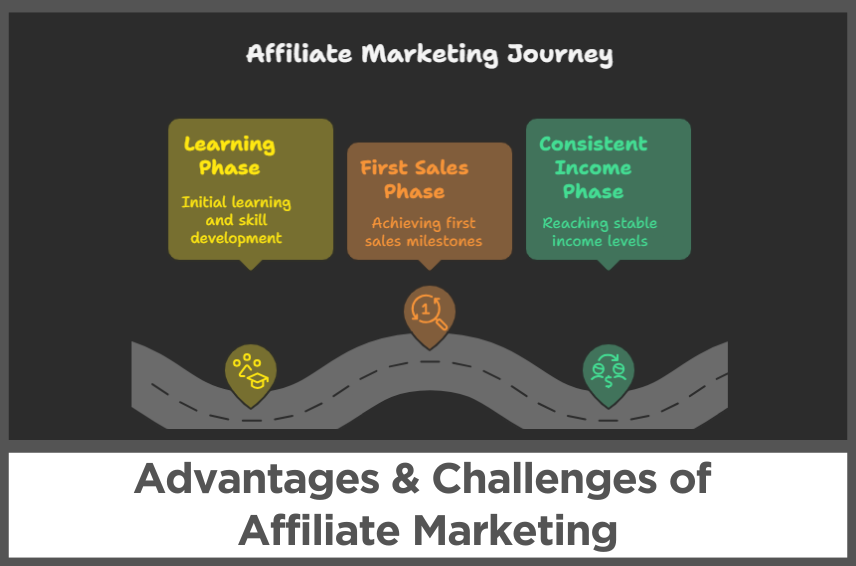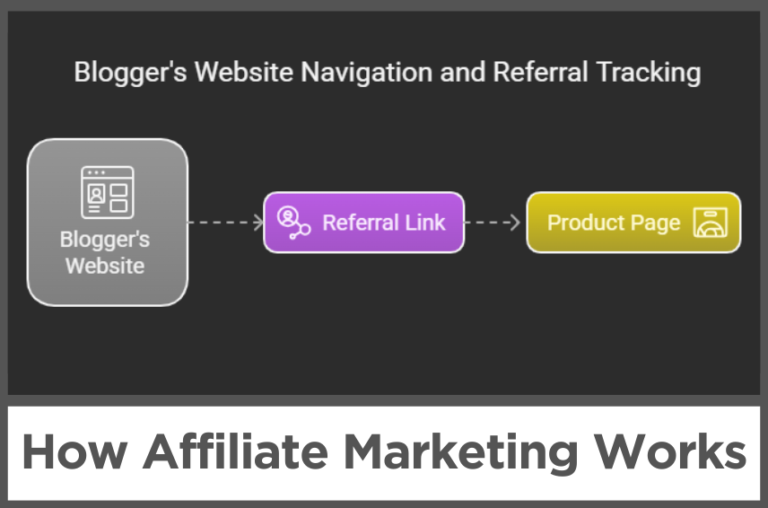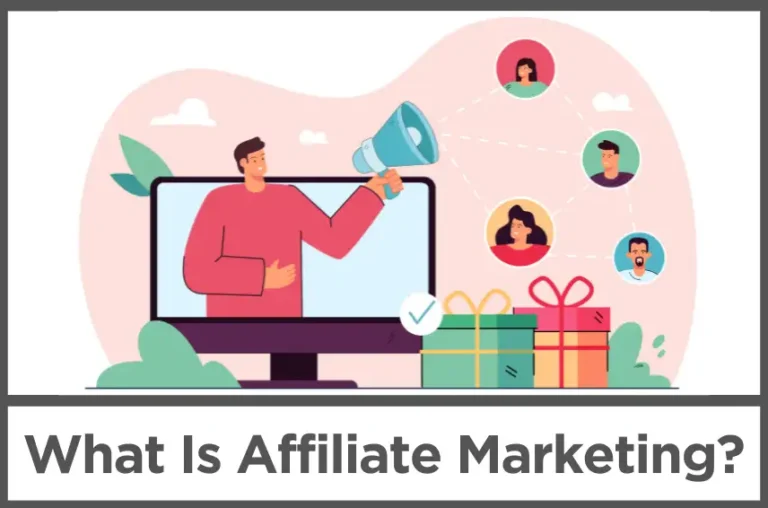M3.C1: Choosing The Perfect Domain Name And Hosting
by Abhigyan
Picking the right domain name and hosting is a major foundational step that you can’t afford to overlook.
Think of your domain name as your business’s address and your hosting provider as the land it’s built on.
Get these right, and you’ll have a strong, reliable home for your affiliate brand.
But get them wrong, and you might run into avoidable setbacks like slow-loading pages, poor SEO visibility, or even trust issues with your visitors.
In this chapter, we’ll explore exactly how to choose a domain name that reflects your niche, supports your goals, and makes a great first impression.
We’ll also see how to select a hosting provider that offers speed, security, and the tools you’ll need to grow.
Disclosure: Some of the links I share might be affiliate links. If you click on one and make a purchase, I may earn a small commission as a thank you. But don’t worry, it won’t cost you anything extra. I only recommend stuff I genuinely believe in. Your support helps me keep creating awesome content. You can read my full affiliate disclosure in my disclaimer page.
IN THIS POST :
ToggleThe Role Of Domain Name In Affiliate Marketing
Your domain name might seem like a small piece of the puzzle, but in affiliate marketing, it plays a huge role in building trust and credibility.
It’s the first thing people see when they land on your site, click a link, or search for your content.
A well-chosen domain name communicates professionalism, shows that you’re serious about your brand, and gives your audience confidence that they’re in the right place.
This can significantly influence whether they stay on your site or click away.
Affiliate marketing is all about getting people to take action—whether that’s reading a review, clicking your affiliate link, or signing up for an email list.
If your domain name looks spammy or untrustworthy, people may hesitate before taking that next step.
On the flip side, a clean, relevant, and memorable domain name can improve your click-through rates and make your site more shareable.
Think of domain names like “GearHungry.com” or “NerdWallet.com”—they’re catchy, niche-focused, and clearly convey what the site is about.
That’s the goal you want to aim for.
Tips For Choosing The Right Domain Name
When you start brainstorming your domain name, try to keep things simple and clear.
Long or complicated names are harder for people to remember, especially if they hear it in a podcast or see it quickly in a social media post.
Ideally, your domain should be no more than two or three words long.
If you’re stuck, think about the core of your niche and combine descriptive terms with branding elements—something like “FitGearPro” for a fitness gear affiliate site or “EcoHomeFinds” for a sustainable living niche.
Including a keyword related to your niche in your domain can help with SEO, but don’t go overboard.
Keyword-stuffed domain names like “BestWeightLossSupplementsReviewBlog.com” might have worked two decades ago, but today they come off as spammy and forgettable.
Instead, aim for natural-sounding names that give users an idea of what your content is about without feeling forced.
Also, avoid using hyphens or numbers unless absolutely necessary—they tend to confuse people and make it harder to type or share your domain.
Another important thing to consider is the domain extension you choose.
In most cases, a .com is still the gold standard. It’s familiar, widely recognized, and lends credibility.
However, if the .com version of your ideal name is taken, you might consider alternatives like .net, .co, or niche-specific extensions like .tech or .store, but make sure they don’t confuse your audience or undermine your branding.
Checking Domain Availability And Buying Your Domain
Once you’ve settled on a few strong domain name ideas, the next step is to check their availability.
You can do this using any domain registrar like Namecheap or GoDaddy.
Just enter your desired name into the search bar, and they’ll let you know if it’s available or already taken.
If it’s already registered, these platforms usually suggest similar alternatives or let you know if the domain is for sale as a “premium domain.”
Premium domains are usually short, brandable names that someone else bought to resell later.
While they can be expensive—ranging from a few hundred to several thousand dollars—they may be worth it if they perfectly match your niche and are likely to generate long-term value.
That said, for most beginner affiliates, there’s no need to spend a fortune. You can usually find a great domain for under $15 per year if you’re flexible and creative.
When registering your domain, keep an eye on any upsells the registrar might throw in.
Some services will try to sell you unnecessary add-ons like email hosting or premium DNS.
While these may be useful later, they aren’t essential right now.
What you might want to consider, though, is whether to buy related domain extensions or similar spellings of your chosen name.
This isn’t required, but it can help protect your brand and prevent others from registering confusingly similar domains later on.
Choose The Right Hosting Provider For Affiliates
After securing your domain name, the next big decision is choosing a web hosting provider.
Your host is what makes your website accessible on the internet, so performance, reliability, and support are crucial.
A good hosting provider keeps your site fast, secure, and available around the clock.
For affiliate marketers, especially those just starting out, shared hosting plans are usually the most budget-friendly option.
They allow you to host your site on a server with other users, which keeps costs low while still providing enough resources to run a professional website.
However, not all shared hosting is created equal.
Some providers oversell their servers, leading to slow load times and poor performance—especially if one of your “server neighbors” is hogging resources.
That’s why it’s important to choose a reputable company known for stability and support.
Hosting speed matters more than you might think. If your site takes too long to load, visitors will bounce before they even read your content, which means lost commissions.
A fast-loading site not only improves the user experience but can also positively impact your search engine rankings.
Another important factor is uptime. Uptime refers to the amount of time your website is actually online and accessible.
Look for hosting companies that guarantee at least 99.9% uptime. This ensures your affiliate content and product links are always available, even while you sleep.
Customer support is also essential, especially if you’re not super tech-savvy.
You’ll want a hosting provider that offers 24/7 chat or phone support so you can quickly resolve any issues that come up.
I use Hostinger for my affiliate websites. Not only Hostinger is beginner friendly and affordable for beginners, it has awesome customer support and an AI website builder that can set up your website in minutes.
You may want to check out my Hostinger review to find out more about its features and discount codes.
As an affiliate marketer, you’ll want a host that not only performs well but also includes features that make your life easier.
Look for providers that offer one-click installations for content management systems like WordPress, as well as free SSL certificates.
An SSL certificate encrypts your site’s connection, making it secure and giving you that “padlock” icon in browsers—which builds trust with your audience and is now a ranking factor in Google’s algorithm.
Automatic backups are another great feature to have. They ensure you won’t lose all your hard work if something goes wrong, like a plugin crashing your site or accidental deletion.
Some hosting providers also include security tools to help protect against malware and hacks.
As your site grows, scalability becomes important, too. Make sure your hosting company allows you to upgrade your plan easily without major disruptions.
Should You Buy Domain & Hosting Together?
Many hosting companies offer a free domain name when you sign up for their hosting plans.
While this can be a convenient option and help you save a few dollars upfront, it’s not always the best long-term decision.
When you register your domain and buy hosting from the same provider, it simplifies the setup process, but it can also limit your flexibility.
For example, if you ever decide to switch hosting providers, transferring your domain can be an extra headache.
Separating your domain registrar and your hosting account gives you more control and independence.
If one company’s service declines or you find a better deal elsewhere, you can move your website without also having to transfer your domain.
This isn’t a dealbreaker either way, but it’s something to keep in mind, especially if you value having full control over your online assets.
If you do choose to bundle, just make sure you’re going with a reputable host.
Avoid free hosting or super-cheap options that promise the world but deliver poor uptime or customer service.
Your affiliate business is an investment, and spending a few extra dollars for reliable infrastructure is absolutely worth it.
Security And Privacy Considerations
When buying a domain and choosing a host, security and privacy should be on your radar from day one.
One essential security feature is SSL encryption, which ensures all the data exchanged between your visitors and your site is protected.
Thankfully, most decent hosting providers like Hostinger now offer free SSL certificates, so there’s no excuse to skip this step.
If your site doesn’t have SSL, modern browsers will display a warning that the site is “not secure”—which is definitely not the impression you want to give.
Another thing to think about is WHOIS privacy protection.
When you register a domain, your contact information—like name, email, phone number, and address—is typically added to a public database called WHOIS.
This makes it easy for spammers and marketers to harvest your details and flood your inbox.
WHOIS privacy (sometimes called domain privacy) hides this information from the public and keeps your personal details secure.
Most registrars offer this as a paid add-on, but some, like Namecheap, include it for free with every domain.
Finally, be cautious of upsells during the checkout process.
Domain registrars and hosting providers often add a bunch of extras to your cart—some helpful, others not so much.
Things like extra email services, advanced DNS management, or marketing tools can sound tempting, but they’re rarely needed in the beginning.
Stick to what you really need: a solid domain name, basic hosting, SSL, and domain privacy.
You can always add other services later as your site grows.
What’s Next?
In the next chapter, we’ll walk you through the step-by-step process of setting up your affiliate website using WordPress.
You’ll learn how to install WordPress, pick a beginner-friendly theme, and start building a site that’s optimized for speed, security, and affiliate conversions.
Next Chapter:
Previous Chapter:
Abhigyan Mahanta
Hi! I’m Abhigyan, a remote web developer and an affiliate blogger. I create beginner-friendly guides to help new affiliates get started and grow in affiliate marketing. I also share information on remote companies and interview preparation tips.
